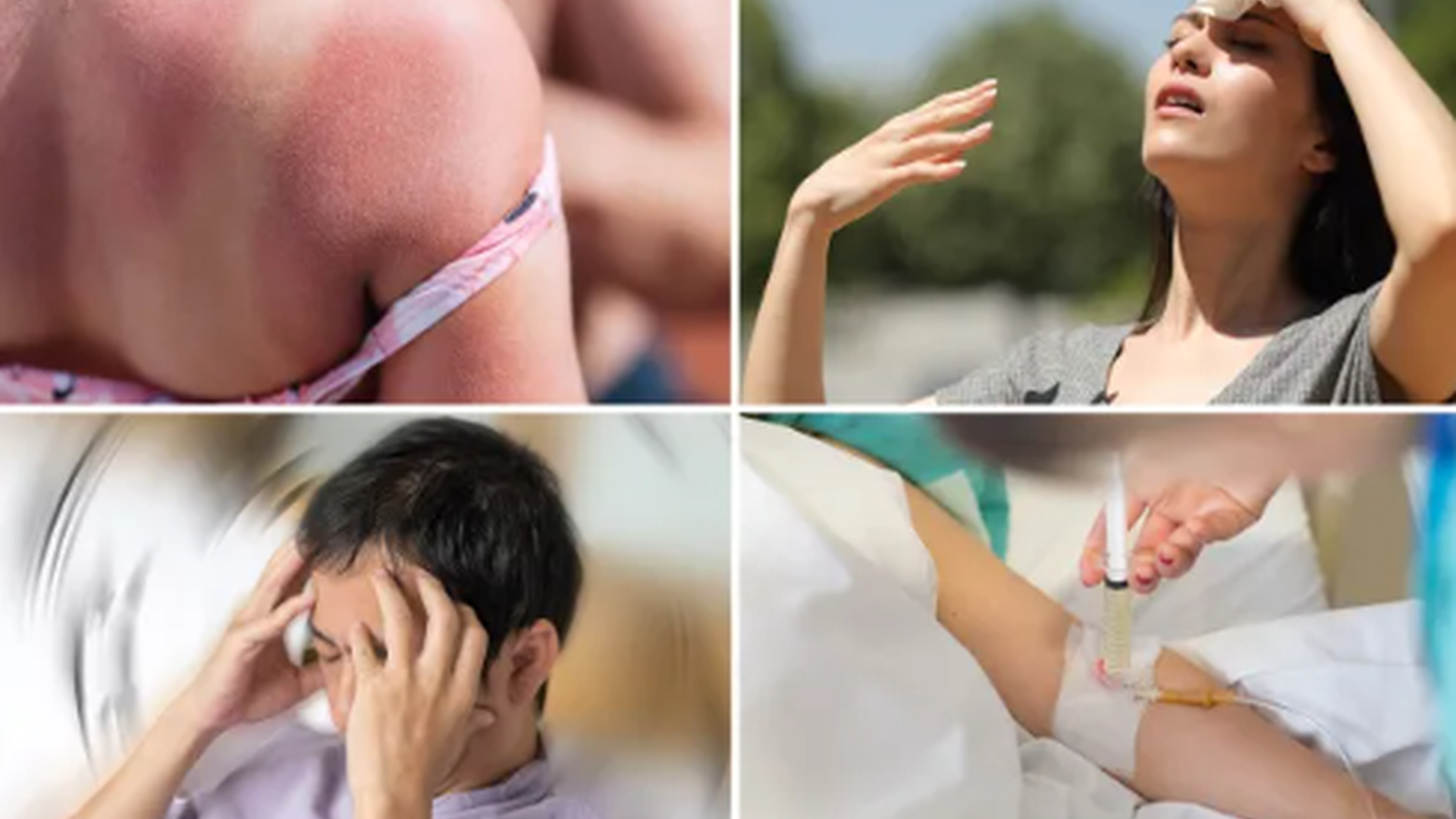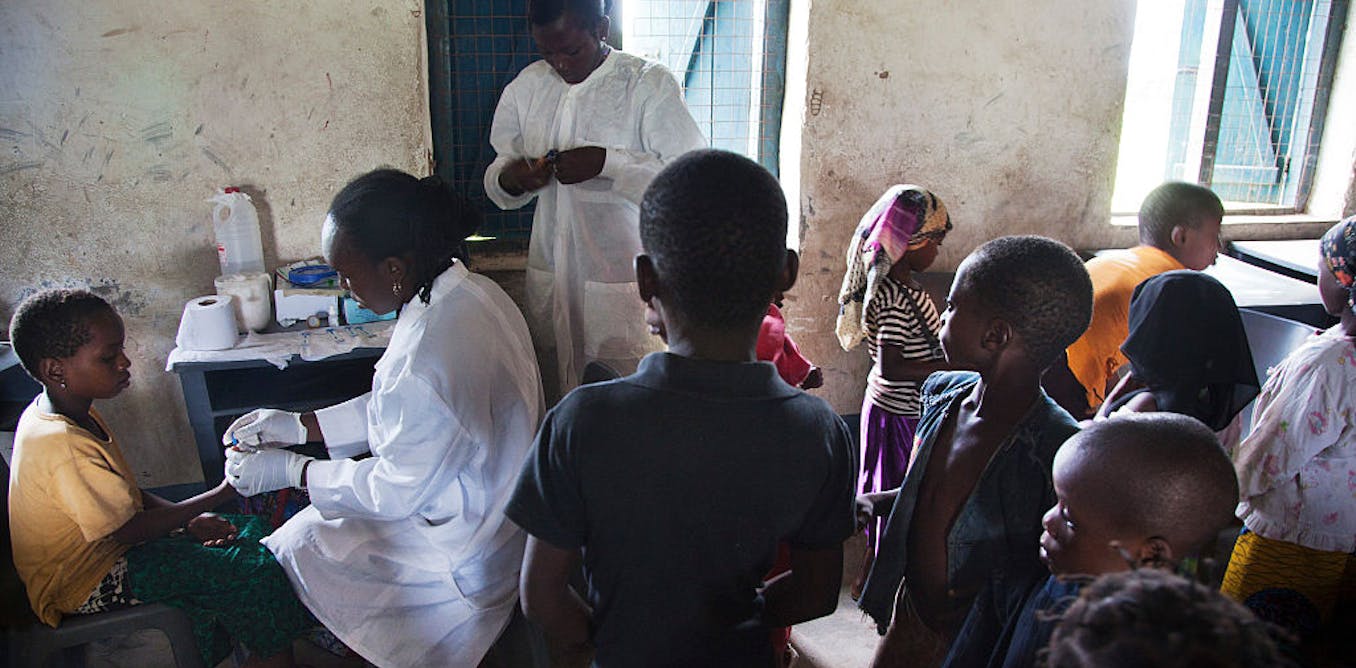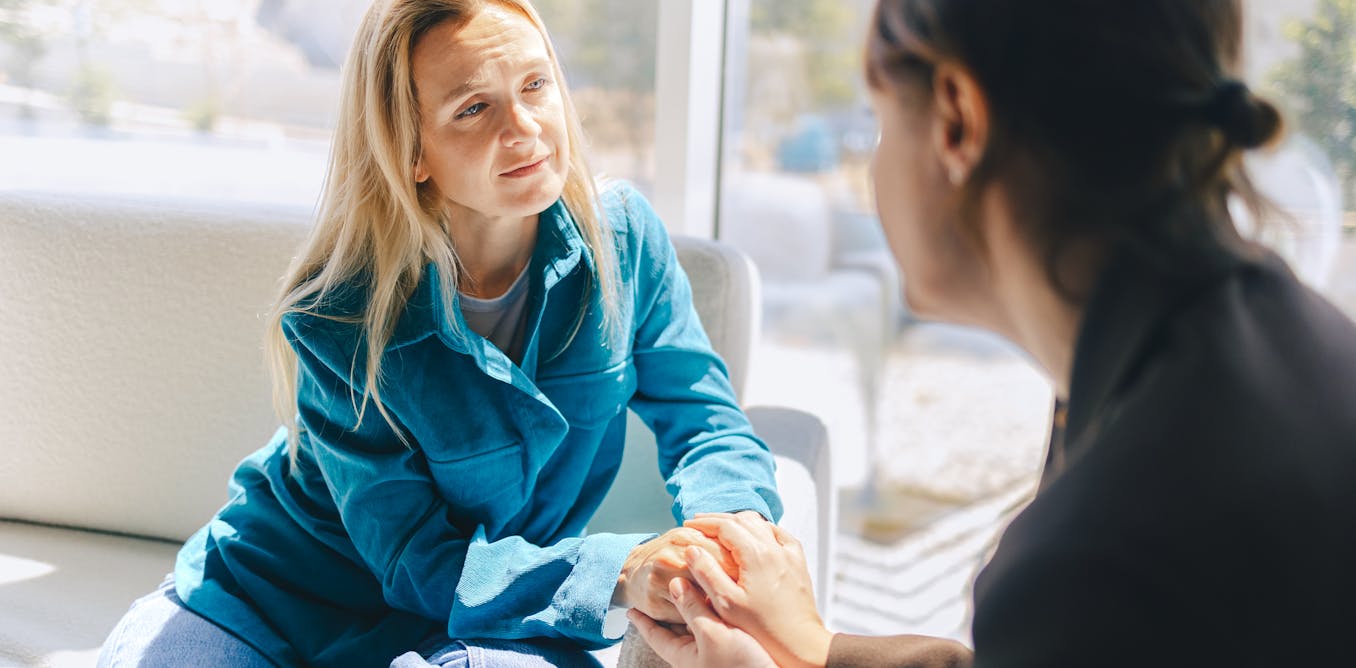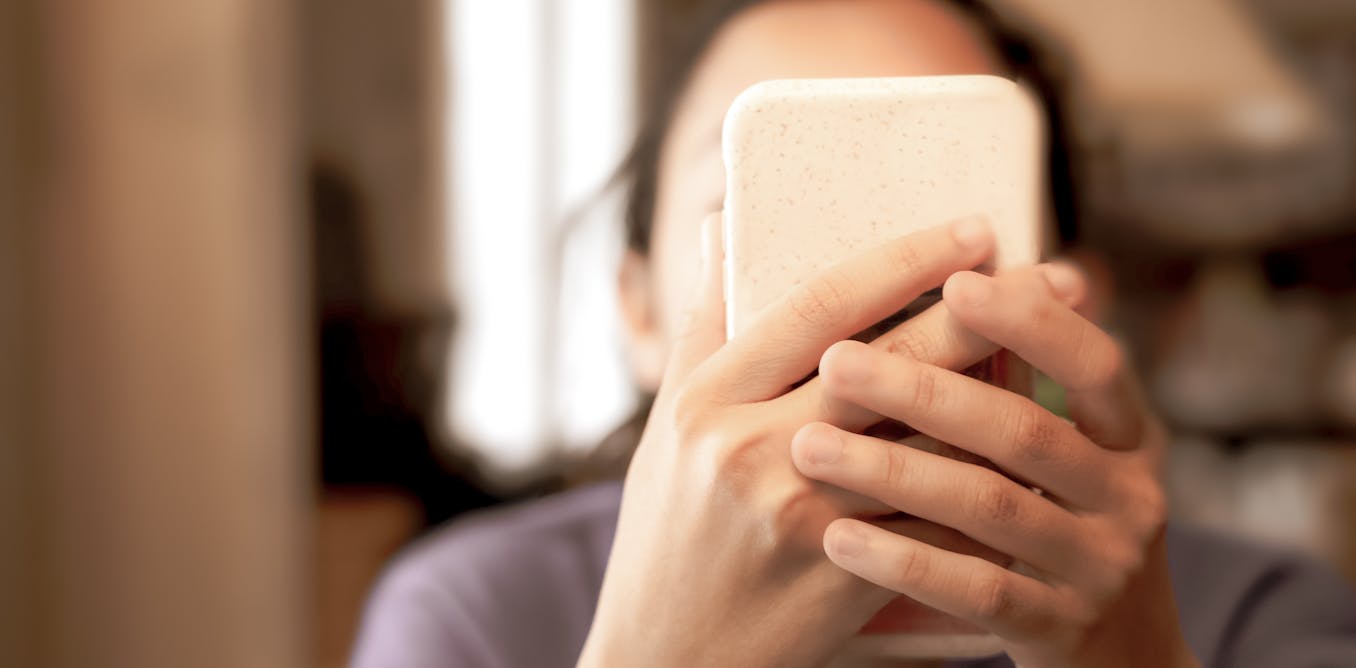AGE UK has alerted Brits to the serious toll the hot weather can have on elderly loved ones.
A Yellow Heat-Health Alert is in place for most of England until Thursday, meaning a likely “increase in mortality across the population”.
2
The heat poses a risk to particularly vulnerable people, including young children and the elderly.
Age UK has urged people to look out for older friends, family and neighbours, especially those with heart conditions or breathing difficulties.
The body is constantly working to keep its temperature within a normal range, which is harder when its scorching hot.
In challenging weather, the body needs to expend additional energy to regulate its temperature and cool down which puts an extra load on the body generally, particularly the heart and lungs.
On top of this, there are risks such as dehydration and high pollen counts, which can aggravate the symptoms of those with long-term lung conditions such as asthma or COPD.
Age UK says: “Some older people need to take care as temperatures rise, especially if they have long term health conditions impacting their heart or lungs.
“Certainly, extreme heat can be really dangerous, as recent experience of a heatwave in Europe has shown.
“It can exacerbate certain medical problems and, more generally, our bodies find it harder to adapt to more extreme temperatures as we age.”
Temperatures are predicted to hit 31C in parts of the UK this week.
It’s what we’ve all been pining for, but too much sun can be harmful if you’re not careful.
Here are some common heat health hazards to be alert to…
TOTALLY SIZZLED
HELP avoid scorched skin by wearing a suncream of factor 30 or above, a hat, and staying in the shade.
David Monk, Executive Clinical Director St John’s Ambulance Cymru, says: “Most sunburn is mild, but in severe cases the skin can become damaged and blister.
“If you or someone else is sunburnt, cover skin in light clothing and cool any red or damaged areas with cool water for ten minutes.
“Apply suncream to avoid any further damage and make sure you/they drink plenty of water during this time too.
“If there are blisters, seek medical help.”
HOT STUFF
HEAT exhaustion an strike fast.
It occurs when the body overheats and cannot cool down.
David says: “If you, or someone you’re with seems to be developing symptoms like dizziness, headaches, sweating but with pale clammy skin – they may be suffering from heat exhaustion.”
Other symptoms include tiredness, headache, muscle cramps and feeling sick.
David says: “You can help by laying them down in a safe, cool place and elevating their legs.
“Make sure to give them lots of water, or isotonic sport drinks to replace the salt lost from sweating and keep an eye on their breathing and pulse rate.”

2
Heat exhaustion can turn into heat stroke if someone does not recover within 30 minutes of lying down in a cool place, or if they start to develop hot but dry skin and lose consciousness.
They may have a fast heartbeat and breathing and confusion.
David says: “Seek medical help immediately.
“Place them in the recovery position and try to cool them down with a sponge or cloth with cool water, while you wait for medical help to arrive.”
BE THERE
TOO much time spent in the heat puts everyone at risk – but some more than others.
The NHS says those more vulnerable are:
- Older people, especially those who are over 75 and female
- People who live alone or in a care home
- Those with serious long term health conditions, including some mental health conditions
- People on multiple medications
- Those who can’t always regulate their own temperature, or find it difficult to stay cool (e.g. babies and very young children, people with drug and alcohol addictions, people with Alzheimers)
- Those who live or work in especially hot locations.
Keep an eye on youngsters, and check in with people who may be struggling in the heat.
Age UK says: “If you have neighbours or relatives who live alone and who are frail or coping with health issues visit or phone to check that they are OK.
“Especially if they are at higher risk of becoming unwell in extreme temperatures, and if you are at higher risk, ask them to do the same for you.
“Keep curtains and blinds closed in rooms that catch the sun and shut windows during the day to keep hot air out and cool air in.”
A-TISSUE
AROUND 49 per cent of Brits are affected by hay fever, which is worse in hot, humid and windy weather.
Speak to a pharmacist about your symptoms who can offer advice on the best treatment options depending on your symptoms, from antihistamine tablets and eye drops, to over the counter steroid nasal sprays.
St John also recommends “regularly vacuuming and damp-dusting to help keep the levels of pollen down in your home”.
Pop some Vaseline around your nostrils to trap pollen and wear wrap-around sunglasses to prevent it entering the eyes.
Speak to your GP if symptoms are worsening and not responding to treatment, or if you are asthmatic and notice your chest is tight and/or you have a persistent cough.
GASPING
IT’S cruicial to get enough fluids during a heatwave.
Dehydration can be life-threatening, especially in the elderly, children and babies.
Age UK says: “Stay hydrated. Drink lots of water throughout the day even if you aren’t thirsty.
“Limit drinks with alcohol as these can increase the risk of dehydration.”
“Eat normally but try to have more cold foods, particularly salads and fruits as they contain a lot of water.”
If you aren’t used to drinking lots of water, try squash, tea, sparkling water or adding fruit or a squeeze of lime.
How to stay safe in hot weather
The UK Health Security Agency advised you follow these tips to reduce your risk of dehydration, heat exhaustion and heatstroke:
- Keep out of the sun at the hottest time of the day, between 11am and 3pm
- If you are going to do a physical activity like exercising or walking the dog, plan to do these during times of the day when it is cooler such as the morning or evening
- Keep your home cool by closing windows and curtains in rooms that face the sun
- If you go outside, cover up with light clothing, a hat and sunglasses and slather on sun cream
- Drink plenty of fluids but limit booze
- Know the symptoms of heat exhaustion and heatstroke and what to do if you or someone else has them
- Check on family, friends and neighbours who may be at higher risk of becoming unwell, and if you are at higher risk, ask them to do the same for you
Source: UKHSA




